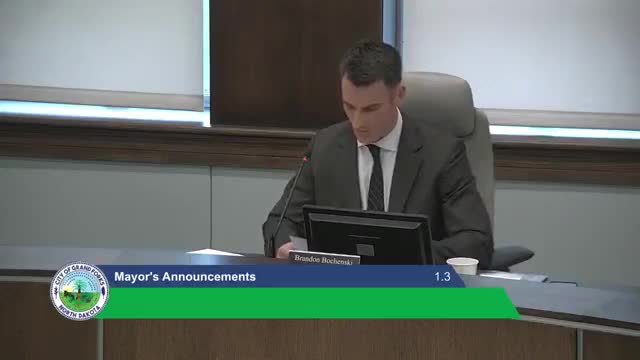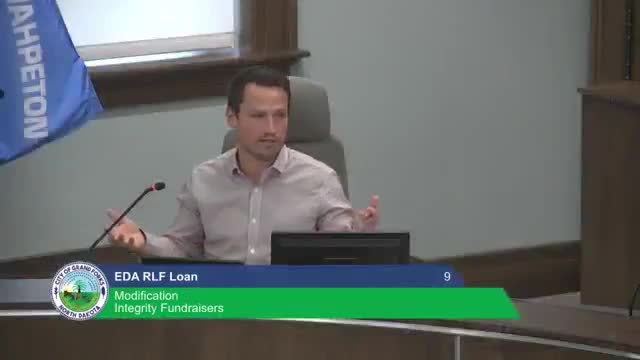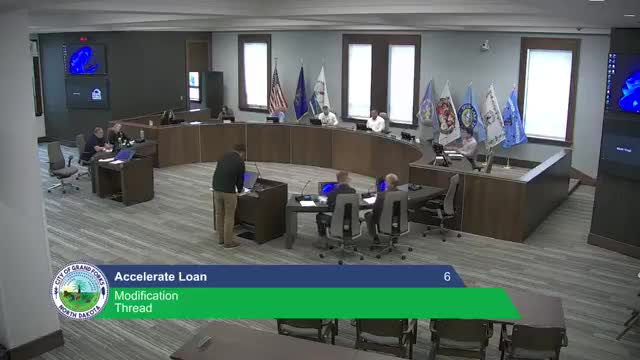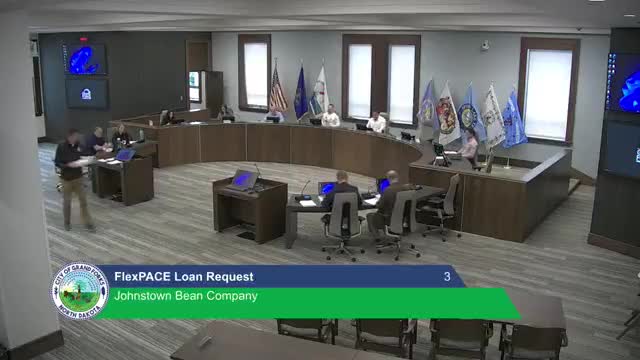Article not found
This article is no longer available. But don't worry—we've gathered other articles that discuss the same topic.

Council receives conceptual River’s Edge redevelopment plan; members split on pace, demolition costs and public plaza funding

Grand Forks Council adopts ordinance limiting camping and sleeping in vehicles after public debate

Growth Fund committee modifies accelerate loans, extends deadlines for startup Thread and eases repayment for SafetySpec

